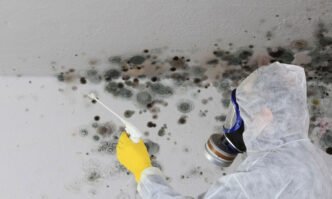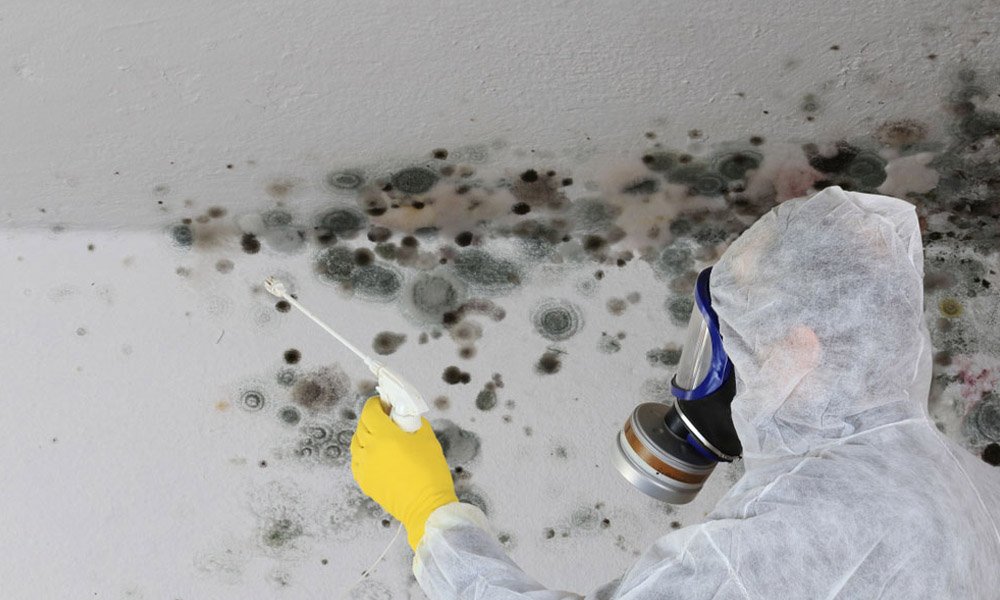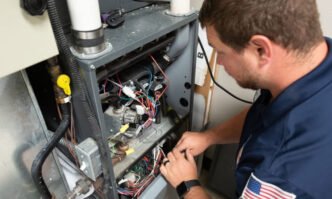Mold grows in moist, warm houses, making it an unwanted guest. It is more than an aesthetic annoyance; it carries health hazards and can harm your home. Homeowners frequently have to decide whether to remove mould themselves or pay a professional. Each method has pros and cons, so it’s important to compare them.
Understanding Mould and Its Growth
Mold, a fungus, is in most homes. It thrives in wet, poorly ventilated basements, bathrooms, and kitchens. Black mold, Aspergillus, Penicillium, Cladosporium, and Alternaria are the most frequent molds. These kinds can induce modest allergy responses to major respiratory disorders. Mold may harm structures if left untreated. Mold kinds in your house must be identified to determine the best eradication method.
High humidity and water damage promote mould growth. Discolored patches might be black, green, or white and release spores into the air, worsening allergies and respiratory disorders.
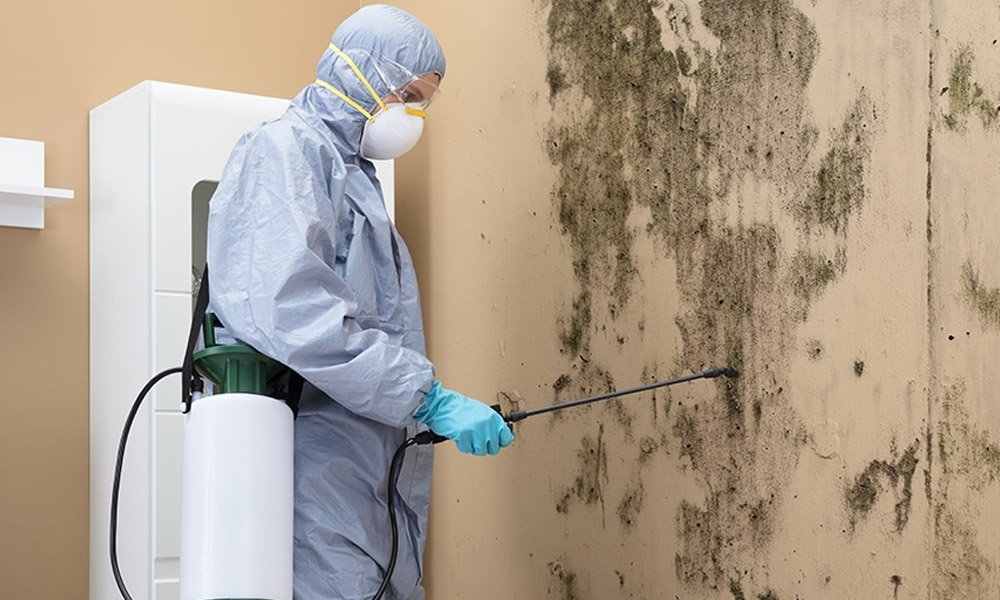
The Benefits and Challenges of Professional Mould Removal
Hiring a professional mould removal service is often the go-to solution for many homeowners dealing with a significant mould infestation. The primary advantage of bringing in experts is their experience and training. Mold remediation companies have the knowledge to assess the severity of the mould growth, pinpoint the source of the moisture causing it, and apply the most effective removal strategies. Companies like Alberta Safety and Environmental Services are renowned for using cutting-edge techniques to safely remove mould and its spores.
Another major benefit of professional mould removal is the specialized equipment that experts bring to the table. Tools such as air scrubbers, industrial dehumidifiers, and HEPA vacuums help to eliminate spores from the air and prevent further contamination. These devices can effectively reduce mould from not only the surface but from the air, making the environment healthier overall.
Moreover, professionals offer comprehensive solutions. They don’t just eliminate mould; they also address the underlying causes of the problem. This can include improving ventilation, repairing leaks, or providing guidance on how to prevent future mould growth. This holistic approach can save homeowners from repeated mould issues, ensuring long-term protection for their property.
However, the service comes with a price tag. Professional mould remediation can be costly, especially when the infestation is widespread or hidden in difficult-to-reach areas. Costs can range from a few hundred to several thousand dollars, depending on the severity of the damage and the scale of the treatment required. Another downside is the potential for scheduling delays. Depending on the availability of the company, the remediation process may take longer than desired, causing frustration for homeowners who want to resolve the issue quickly. Additionally, not all mould removal companies offer the same level of service, so thorough research and vetting are essential to avoid subpar results.
The DIY Approach: A Cost-Effective Option
Many people prefer DIY mould removal owing to its reduced cost. Small mold spots can be treated with vinegar, baking soda, or hydrogen peroxide. This can save hundreds or thousands of dollars over professional services. DIY also lets people fix the issue without waiting for an appointment, giving them control.
Mold removal by DIY may be educational. Understanding mould causes and prevention can empower homeowners to make proactive changes in their house. This knowledge can help prevent problems and keep your home healthy.
DIY has some disadvantages despite its benefits. Medical issues are the biggest danger. Inhaling mould spores can cause respiratory problems, and DIY mould removal without masks, gloves, and goggles can cause skin irritations. Despite proper protection, the practice might expose you to dangerous spores.
The risk of partial removal is another drawback. DIY approaches may only remove visible mould, leaving spores. Untreated moisture issues can also cause mould to reappear. Mold can return if not properly removed using appropriate equipment.
DIY mould eradication may not work for bigger infestations. Mold eradication is potentially unsafe without expert involvement for large mold situations.
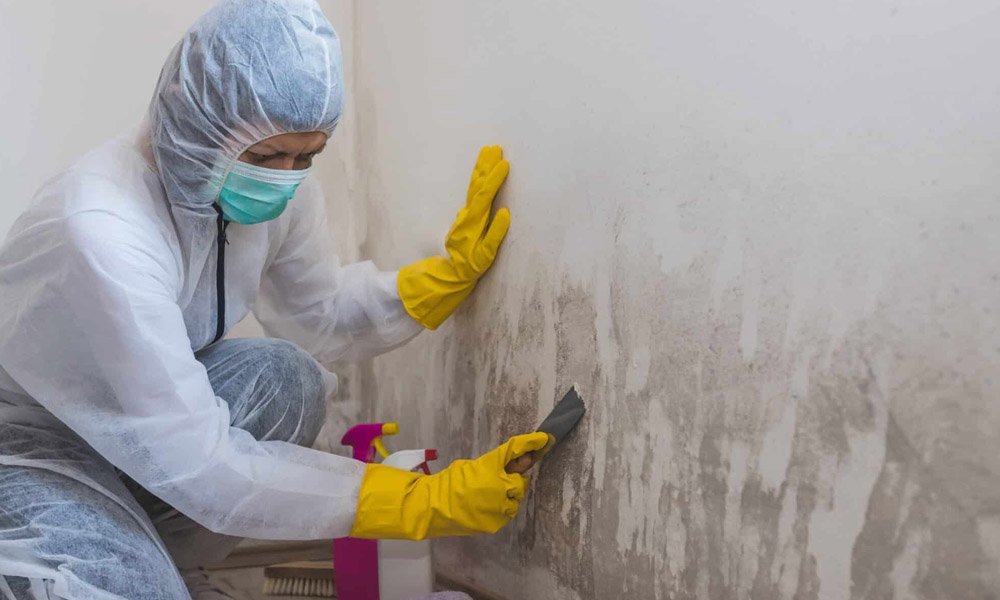
Making the Right Choice: DIY or Professional?
The decision to handle mould removal yourself or hire a professional depends largely on the scale of the problem, your budget, and your comfort level with the risks involved. For minor mould issues, DIY methods may suffice, provided you’re cautious and diligent. However, for more extensive growth, or when the underlying cause—such as water leaks or ventilation issues—isn’t resolved, professional mould remediation is the safest and most effective choice.
Ultimately, the key to managing mould is prompt action. Whether you take on the task yourself or call in experts, the quicker you address the problem, the less risk there is of further damage to your home and health. If you’re ever in doubt, it’s always wise to consult with a professional. Their expertise, combined with advanced tools and techniques, can ensure that your home remains safe, healthy, and mould-free.
Frequently Asked Questions
What is mould?
Mould is a type of fungus that grows in damp, warm areas and can cause health issues.
Can I remove mould myself?
Yes, for small patches, you can use DIY methods like vinegar or baking soda.
When should I hire a professional?
If the mould is widespread or if there is an underlying issue like water damage, a professional should be called.
Is mould removal expensive?
Professional mould removal can cost from a few hundred to several thousand dollars, depending on the extent of the damage.
Is mould dangerous to my health?
Yes, mould can cause respiratory problems, allergies, and other health concerns.

